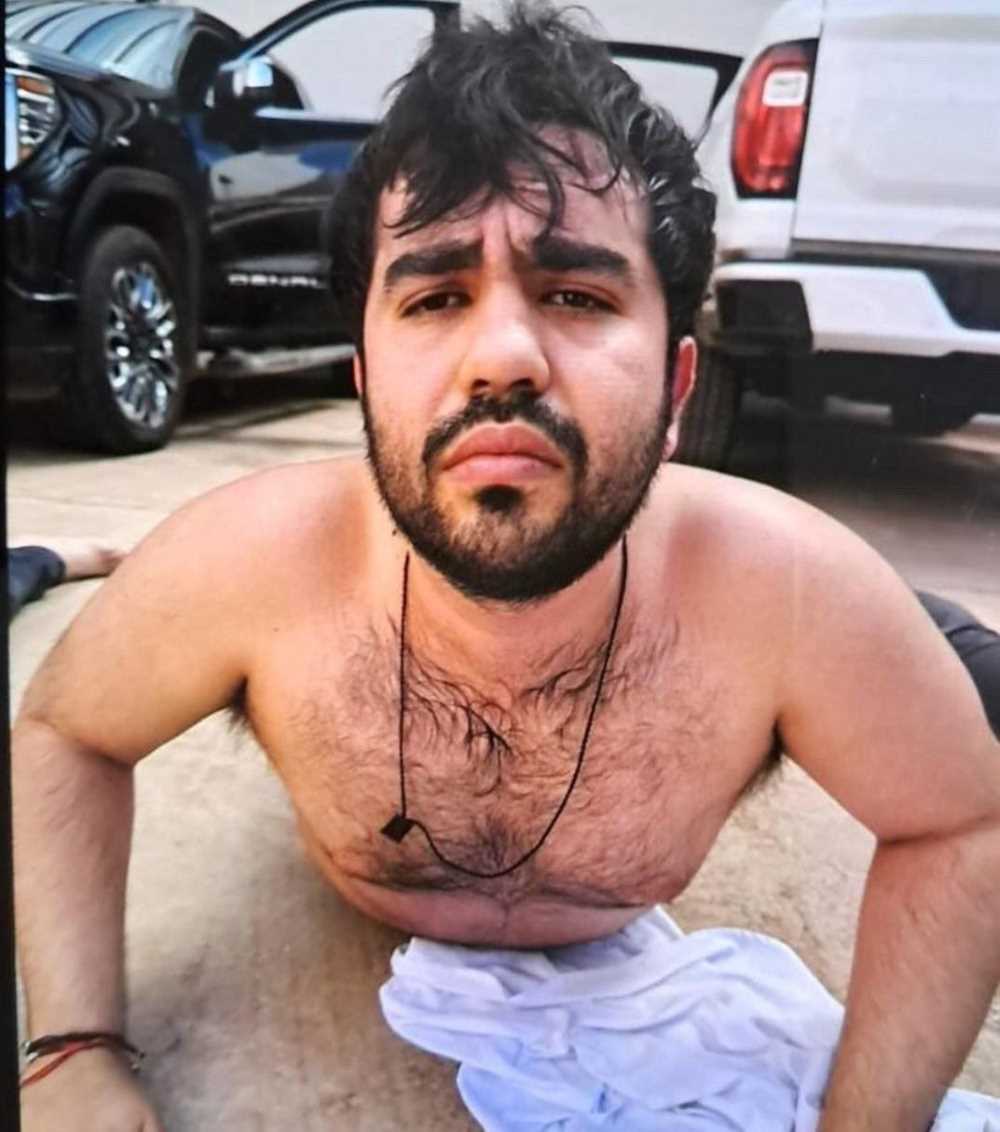El Piyi's Arrest and the Music That Made Him
El Piyi, the head of security for the sons of El Chapo Guzmán, was arrested in Culiacán, Sinaloa. He will be transferred to Almoloya de Juárez prison. His arrest is a significant blow to the Sinaloa cartel, which has been plagued by internal conflicts.

In the deep web of the Sinaloa cartel, where criminal allegiances run deep and betrayals hit harder, Mario Alexander “N,” known as El Piyi, has risen from obscurity to take center stage in a drama where life and death dance to the rhythm of narcocorridos. The recent arrest of this enigmatic figure—believed to be the chief enforcer for Iván and Alfredo Guzmán, sons of Joaquín El Chapo Guzmán—sheds light on both the brutal mechanics of Mexico’s drug trade and the peculiar fusion of crime, culture, and folklore.
For a long time, El Piyi lived in the shadows of the infamous Guzmán family. While his predecessor, Néstor Isidro Pérez Salas, alias El Nini, enjoyed a more visible role as head of security for the Chapitos, Mario Alexander maintained an almost spectral presence. Security reports suggested that El Piyi was one of the key drivers of violence in Culiacán, but for years, his name lingered on the periphery, his face hidden behind a balaclava.




